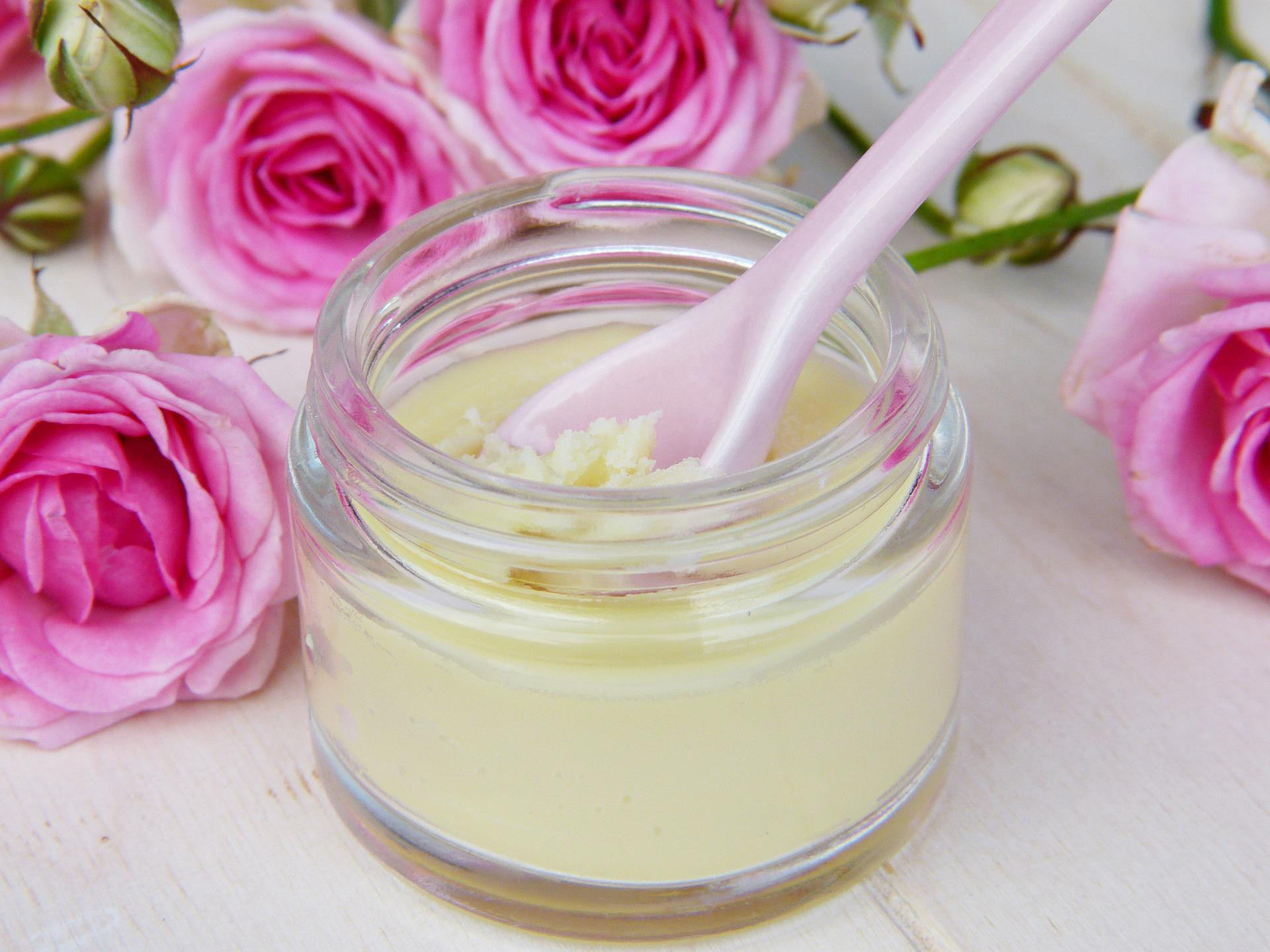Custom Skincare: The Private Label Advantage
The beauty and skincare industry is a vibrant and ever-evolving landscape. It’s a world where innovation meets self-expression, with consumers constantly seeking products that resonate with their personal style and values. From serums promising youthful skin to luxurious creams infused with natural ingredients, the options are endless. As brands strive to capture attention in this competitive market, one trend has emerged as a game changer: private labeling.
Private label skincare manufacturers have opened doors for entrepreneurs looking to create unique product lines without the hefty investment typically associated with developing cosmetics from scratch. This shift not only empowers smaller businesses but also fuels creativity and diversity within the beauty sector. With an increasing demand for bespoke solutions tailored to individual needs, understanding how private labeling fits into this dynamic industry is essential for anyone looking to make their mark in beauty and skincare. Let’s dive deeper into this fascinating niche!
The Rise of Private Labeling in the Beauty Industry
The beauty industry has witnessed a remarkable shift with the rise of private labeling. Brands are increasingly opting to create their own unique product lines, often in collaboration with specialized manufacturers. This trend allows businesses to offer personalized solutions tailored to specific customer needs.
Private label skincare manufacturers play a crucial role in this transformation. They provide brands with high-quality formulations while allowing them to maintain control over packaging and branding strategies. As consumers seek more exclusive options, this customization becomes vital.
Importance of Product Innovation in the Skincare Market
Product innovation is vital in the skincare market. Consumers are constantly seeking new solutions to their unique skin concerns. This demand drives brands to think outside the box.
New ingredients and formulations can set a product apart. For instance, incorporating natural botanicals or cutting-edge technology can attract attention. Brands that invest in research and development often see greater customer loyalty.
Trends also play a crucial role in innovation. The rise of clean beauty has pushed manufacturers to create products without harmful chemicals. As sustainability becomes more important, eco-friendly packaging options are now more sought after.
Quality Assurance: Ensuring High-Quality Products for Customers
Quality assurance is crucial in the beauty and skincare niche. Consumers are more discerning than ever, demanding products that deliver results without compromising safety.
To meet these expectations, brands must implement rigorous testing protocols. This includes stability tests to guarantee product performance over time and dermatological assessments to ensure skin compatibility. Transparency in sourcing ingredients also plays a vital role; customers appreciate knowing where their products come from.
Working closely with private label skincare manufacturers enhances quality control measures. These partners often have established standards and certifications that can elevate a brand’s credibility.
Additionally, embracing customer feedback fosters improvement. Brands should actively seek reviews and testimonials to gain insights into how their products perform in real-world scenarios. By prioritizing quality assurance at every stage, companies create trust, leading to stronger customer loyalty amidst fierce competition.
Challenges Faced by Brands in the Beauty and Skincare Niche
The beauty and skincare niche is vibrant but fraught with challenges. Brands often struggle with intense competition, where differentiation can be difficult amid a sea of similar products.
Consumer expectations are constantly evolving. Today’s customers demand transparency in ingredient sourcing and ethical practices. Meeting these standards requires ongoing commitment and innovation.
Additionally, regulatory hurdles add complexity to product development. Navigating through varying global regulations can be daunting for brands looking to expand their reach.
Supply chain disruptions pose another significant risk. From raw materials shortages to shipping delays, any hiccup can impact product availability and brand reputation.
Keeping pace with marketing trends is essential yet challenging. With social media’s rapid evolution, brands must stay agile to engage consumers effectively across platforms while maintaining authentic connections.
Strategies for Success in the Competitive Beauty and Skincare Market
To thrive in the competitive beauty and skincare market, brands must prioritize understanding their target audience. Researching consumer preferences can uncover unmet needs and spark innovative product ideas.
Building a strong online presence is crucial. Engaging content on social media platforms fosters community and loyalty among customers. Brands should also consider collaborations with influencers who resonate with their values.
Offering personalized experiences sets successful brands apart. Tailored recommendations based on skin types or concerns create meaningful connections with consumers.
Sustainability matters more than ever. Embracing eco-friendly practices not only attracts conscious buyers but enhances brand reputation as well.
Continuous feedback loops are essential for growth. Listening to customer reviews helps refine products and ensures that quality remains high while adapting to changing trends in the industry.
Conclusion
The beauty and skincare niche continues to flourish, driven by trends that prioritize innovation, quality, and personalization. Private label skincare manufacturers play a pivotal role in this evolution, offering brands the chance to create unique products while maintaining control over their branding.






